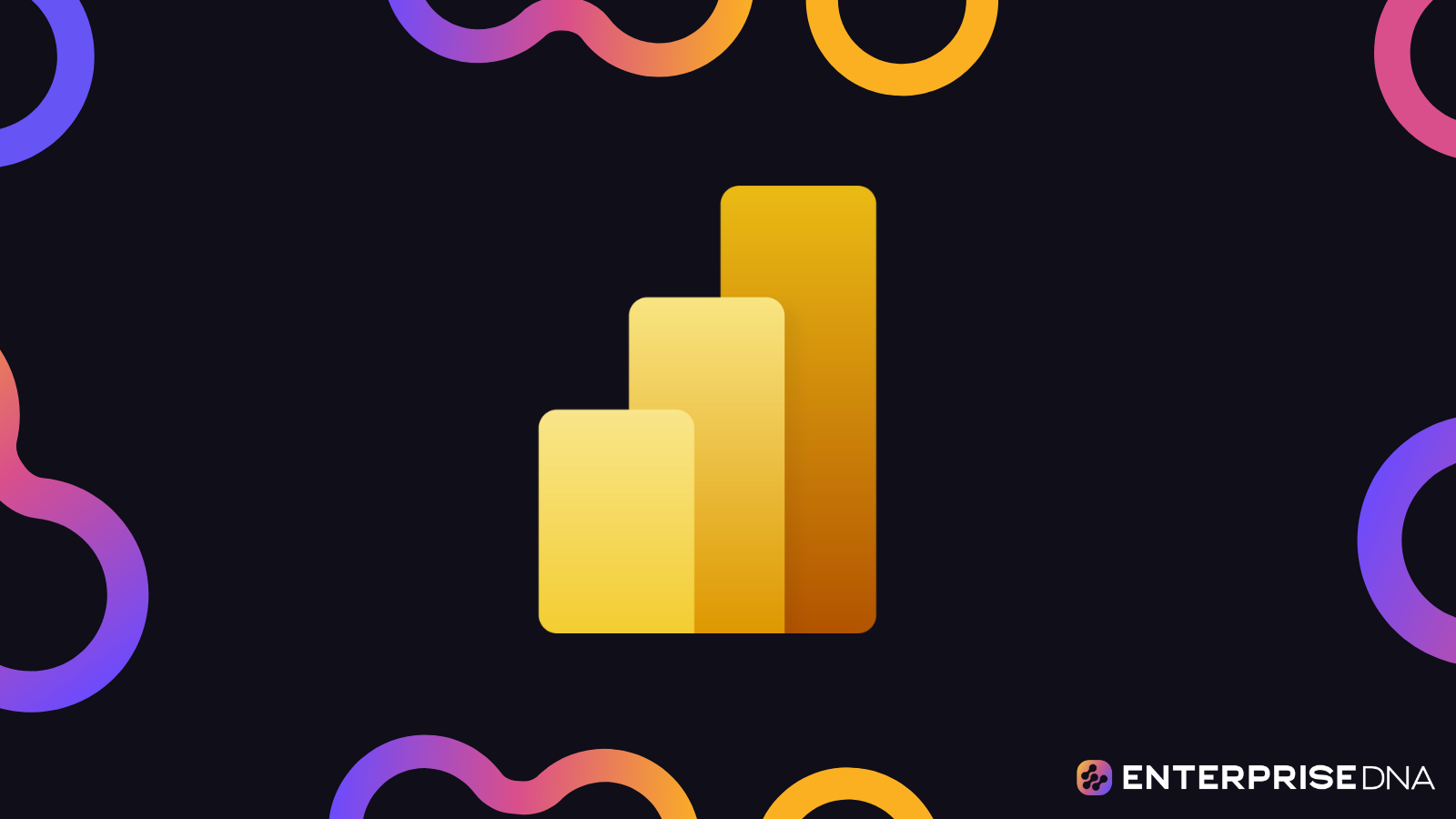As the world becomes increasingly data-driven, the role of artificial intelligence (AI) in data analysis is becoming more prominent.
AI, particularly machine learning, has the ability to process vast amounts of data quickly and efficiently, making it an invaluable tool for data analysts.
AI will affect data analysis in the future by enabling faster and more accurate insights, automating repetitive tasks, and allowing analysts to focus on more complex and strategic work.
This article will delve into how AI will revolutionize data analysis in the future. We’ll look at how AI is already transforming the field, what the future holds, and the challenges and opportunities that come with this transformation.
Let’s get started!
The Role of AI in Data Analysis

Data analysis is the process of inspecting, cleaning, transforming, and modeling data to discover useful information, conclusions, and support decision-making.
It plays a crucial role in numerous domains, including business, science, and government. AI, specifically machine learning, is increasingly playing a pivotal role in data analysis.
The role of AI in data analysis is multifaceted and includes:
- Automating data preprocessing: AI algorithms can handle the time-consuming task of cleaning and preparing data for analysis.
- Identifying patterns and trends: AI tools can sift through vast amounts of data to identify patterns, correlations, and anomalies that may not be apparent to human analysts.
- Predictive analytics: Machine learning models can make predictions based on historical data, helping organizations anticipate future trends and make informed decisions.
- Natural language processing: AI can analyze and interpret human language, making it easier to extract insights from unstructured data sources like text.
- Personalized recommendations: AI-powered algorithms can analyze user behavior to provide personalized recommendations in various applications, such as e-commerce and content platforms.
AI is not a replacement for human analysts but rather a tool that enhances their capabilities. By automating repetitive tasks and uncovering hidden insights, AI allows analysts to focus on higher-level strategic work, ultimately improving the speed and accuracy of data-driven decision-making.
How AI is Changing the Future of Data Analysis

Artificial intelligence is changing the future of data analysis in significant ways.
AI, particularly machine learning, is enabling data analysts to extract valuable insights from large and complex datasets, leading to more informed decision-making and better business outcomes.
Some of the ways AI is revolutionizing data analysis include:
1. Improved Data Quality
AI can assist in improving the quality of data by identifying and rectifying errors, inconsistencies, and missing values.
Machine learning algorithms can also be used to clean and preprocess data, reducing the time and effort required by human analysts.
2. Enhanced Insights
AI can uncover hidden patterns, trends, and correlations in data that may not be immediately apparent to human analysts.
This allows for more accurate and actionable insights, ultimately leading to better decision-making.
3. Faster Processing
AI-powered tools can process and analyze data at a much faster rate than traditional methods.
This enables organizations to make real-time decisions, respond to changes in the market more quickly, and gain a competitive edge.
4. Personalization
AI can help in creating personalized experiences for customers by analyzing their behavior and preferences.
This can be used to tailor marketing strategies, product recommendations, and customer support, leading to higher satisfaction and retention rates.
5. Automation
AI is capable of automating many aspects of the data analysis process, such as data cleaning, model training, and report generation.
This reduces the need for manual intervention, saving time and resources.
6. Scalability
AI-powered data analysis solutions are highly scalable and can handle large volumes of data with ease.
This makes it possible to analyze complex datasets and extract insights from them, even as data continues to grow.
Overall, AI is transforming data analysis by making it more efficient, accurate, and accessible.
Organizations that embrace AI in their data analysis processes stand to gain a competitive advantage and make more informed decisions in an increasingly data-driven world.
The Impact of AI on Data Analysis Professionals

The impact of AI on data analysis professionals is profound and far-reaching.
As AI technologies continue to advance, data analysts are seeing a shift in their roles, responsibilities, and skill requirements.
Some of the key impacts include:
1. Evolving Skill Set
AI is changing the skill set required for data analysts. Professionals now need to have a solid understanding of AI technologies, including machine learning and natural language processing.
2. Increased Efficiency
AI tools are enabling data analysts to work more efficiently by automating routine tasks, such as data cleaning and preprocessing. This allows analysts to focus on more complex and strategic work.
3. New Career Opportunities
AI is creating new career opportunities for data analysts. Roles such as machine learning engineer, data scientist, and AI analyst are in high demand, offering competitive salaries and growth prospects.
4. Collaboration with AI
Data analysts are increasingly collaborating with AI tools and algorithms. AI can help analysts identify patterns and trends in data, leading to more accurate and actionable insights.
5. Enhanced Decision-Making
AI is empowering data analysts to make more informed decisions by providing them with a deeper understanding of data. This leads to better business outcomes and a competitive advantage.
6. Adaptation Challenges
The adoption of AI in data analysis poses challenges for professionals. Analysts need to continuously update their skills to keep up with the rapid advancements in AI technologies.
Overall, the impact of AI on data analysis professionals is positive, as it enables them to work more efficiently, make better decisions, and opens up new career opportunities.
However, it also requires a willingness to adapt and continuously learn in a rapidly changing field.
The Future of AI in Data Analysis

The future of AI in data analysis is incredibly promising, as it continues to revolutionize the way organizations extract value from their data.
Advancements in AI technologies, particularly in the field of machine learning, are driving this transformation.
Some of the key developments that will shape the future of AI in data analysis include:
1. Reinforcement Learning
Reinforcement learning, a subset of machine learning, is expected to play a significant role in data analysis.
This approach enables AI systems to learn through trial and error, making it well-suited for complex decision-making tasks.
2. Federated Learning
Federated learning is a new approach to machine learning that allows AI models to be trained on decentralized data sources without the need to centralize the data.
This is particularly important in the context of data privacy and security.
3. Natural Language Processing (NLP)
Advancements in NLP are making it easier for AI systems to analyze and understand human language.
This will enable more sophisticated text analytics, sentiment analysis, and automated report generation.
4. Explainable AI
The field of explainable AI is focused on developing AI models that can provide clear explanations for their decisions.
This is essential for data analysis, as it helps build trust in AI systems and enables analysts to understand the reasoning behind the insights generated.
5. Quantum Computing
Quantum computing has the potential to revolutionize data analysis by enabling the processing of massive datasets at unprecedented speeds.
While still in its early stages, quantum computing holds great promise for the future of AI in data analysis.
As these advancements continue to unfold, the future of AI in data analysis is expected to be characterized by more powerful, efficient, and sophisticated AI systems.
This will enable organizations to extract deeper insights from their data, make more informed decisions, and ultimately drive innovation and growth.
Challenges and Opportunities

The integration of AI in data analysis brings with it a unique set of challenges and opportunities.
Understanding and addressing these factors is essential for organizations looking to harness the full potential of AI in their data analysis processes.
Some of the challenges include:
- Data Quality: AI relies heavily on the quality of data it is trained on. Ensuring data cleanliness, accuracy, and relevance is crucial for the success of AI-powered data analysis.
- Ethical Considerations: AI can introduce ethical dilemmas, particularly in sensitive areas like healthcare and finance. Organizations must navigate issues related to bias, privacy, and transparency.
- Skill Gap: The rapid advancement of AI technologies has created a gap in the skill set of data analysts. Organizations need to invest in training and upskilling to ensure their teams can effectively utilize AI tools.
- Regulatory Compliance: AI-powered data analysis must comply with industry-specific regulations, such as GDPR in Europe. Navigating these regulations while harnessing the benefits of AI is a complex task.
Some of the opportunities include:
- Increased Efficiency: AI can automate time-consuming tasks in data analysis, leading to significant improvements in efficiency and allowing analysts to focus on higher-value work.
- Deeper Insights: AI can uncover hidden patterns and trends in data that may be missed by traditional analysis methods. This leads to more accurate and actionable insights.
- Cost Savings: AI-powered data analysis can reduce the need for manual intervention, leading to cost savings for organizations in the long run.
- Innovation: AI is driving innovation in data analysis, enabling the development of new techniques and tools that can transform how organizations use data to make decisions.
In conclusion, the integration of AI in data analysis presents both challenges and opportunities.
By addressing the challenges and embracing the opportunities, organizations can unlock the full potential of AI in their data analysis processes, leading to more efficient, insightful, and innovative approaches to data-driven decision-making.
Final Thoughts

The future of AI in data analysis is a fascinating and rapidly evolving landscape.
As we’ve explored in this article, AI is poised to revolutionize data analysis by enabling more efficient and accurate insights, automating tasks, and opening up new career opportunities.
However, this transformation also comes with its own set of challenges, such as ensuring data quality and navigating ethical considerations.
While AI is not a replacement for human analysts, it is a powerful tool that enhances their capabilities. By working in tandem with AI, data analysts can delve deeper into data, uncover hidden patterns, and make more informed decisions.
As AI continues to advance, its impact on data analysis will only grow, shaping the way organizations across industries harness the power of data to drive success in the future.
Frequently Asked Questions

What are some of the ways AI is changing data analysis?
AI is changing data analysis in various ways, including automating tasks like data cleaning and preprocessing, uncovering hidden patterns and trends in data, and enabling more accurate predictions through machine learning models.
How is AI improving the efficiency of data analysis?
AI improves the efficiency of data analysis by automating time-consuming tasks, such as data preprocessing and cleaning.
This allows data analysts to focus on more complex and strategic work, leading to faster and more accurate insights.
What role does machine learning play in AI and data analysis?
Machine learning is a subset of AI that focuses on developing algorithms and models that can learn from data.
In data analysis, machine learning is used to make predictions, identify patterns, and classify data based on historical information.
How is AI influencing the data analysis job market?
AI is creating new job opportunities in the data analysis field, particularly in roles related to machine learning and AI.
Professionals with the skills to work with AI tools and technologies are in high demand, as organizations seek to leverage the benefits of AI in data analysis.
What are some examples of AI technologies used in data analysis?
AI technologies used in data analysis include machine learning algorithms, natural language processing (NLP), and computer vision.
These tools can be applied to various industries, such as finance, healthcare, and marketing, to extract insights from data and make informed decisions.
What are the challenges of integrating AI into data analysis?
Some challenges of integrating AI into data analysis include ensuring data quality, navigating ethical considerations, and addressing the skill gap in AI technologies.
Organizations must also comply with industry-specific regulations and invest in training and upskilling to harness the full potential of AI in data analysis.








